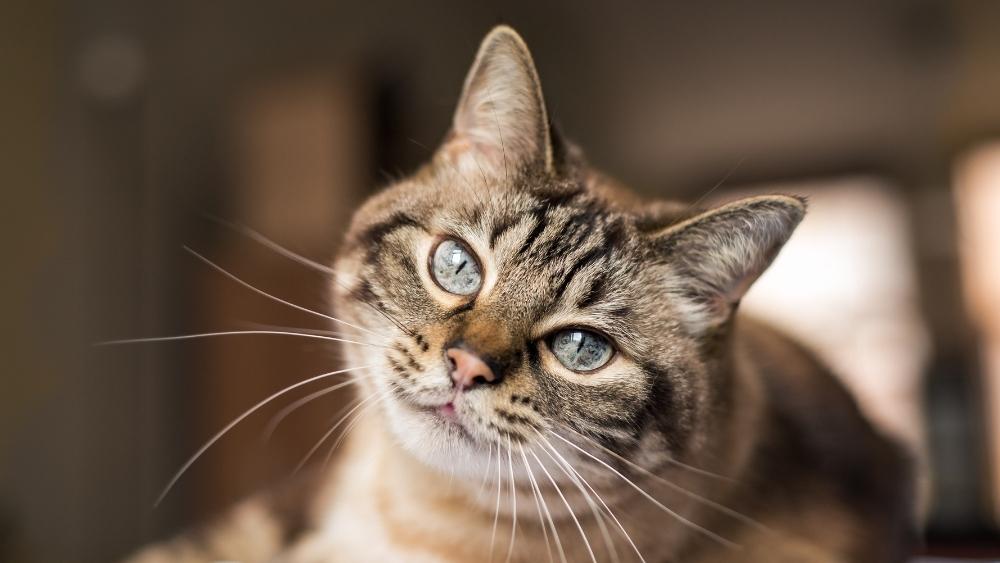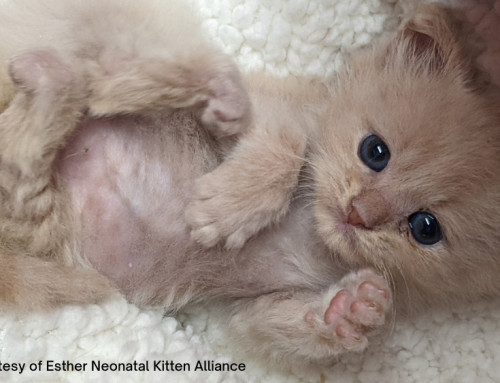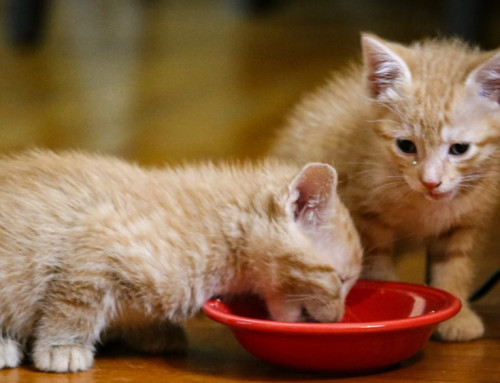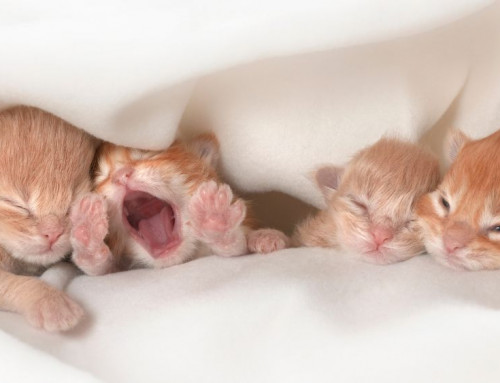Share this resource or email it to a friend!
This is part 2 of this 3-part series on FIV. Part 1 covers transmission and testing, and part 3 covers prevention and support.
The three phases of infection with FIV are acute, asymptomatic and progressive.
- The acute phase occurs 1-3 months after infection. The virus is carried to lymph nodes, reproduces in white blood cells and spreads throughout the body. Symptoms include fever, depression and anorexia (lack or loss of appetite), which are often very mild and easily missed by pet parents. After a day or two, the cat returns to normal and is often healthy for months to years.
- The asymptomatic phase lasts months to years. The virus replicates very slowly in the body, and the cat seems outwardly normal. Blood abnormalities, such as a low white blood cell count, can occur. Some cats never progress past this phase.
- The progressive phase typically occurs later in life when the cat’s compromised immune system can’t fight off usually harmless bacteria, viruses, parasites and fungi common in the environment; these can cause secondary or opportunistic infections and severe illnesses.
FIV-infection can be associated with the following symptoms:
- Weight loss
- Recurrent fever
- Lethargy
- Enlarged lymph nodes
- Anemia (low red blood cell count)
- Secondary bacterial, viral, parasitic or fungal infections
- Neoplasia (the uncontrolled, abnormal growth of cells or tissues in the body, which can be benign or malignant, such as lymphoma)
- Chronic inflammatory conditions, such as gingivitis (inflamed gums) and stomatitis (Inflammation or irritation of the mucous membranes in the mouth)
- Ocular disorders such as uveitis (a form of eye inflammation) that can lead to blindness
- Chronic skin disease
- Hematologic (blood) disorders
- Neurologic disease, including seizures
- Abscess (a painful collection of pus)
Wellness visits should be scheduled every 6 months; any changes in an FIV-infected cat’s health and/or behavior should be evaluated and treated promptly to ensure the best outcome.










